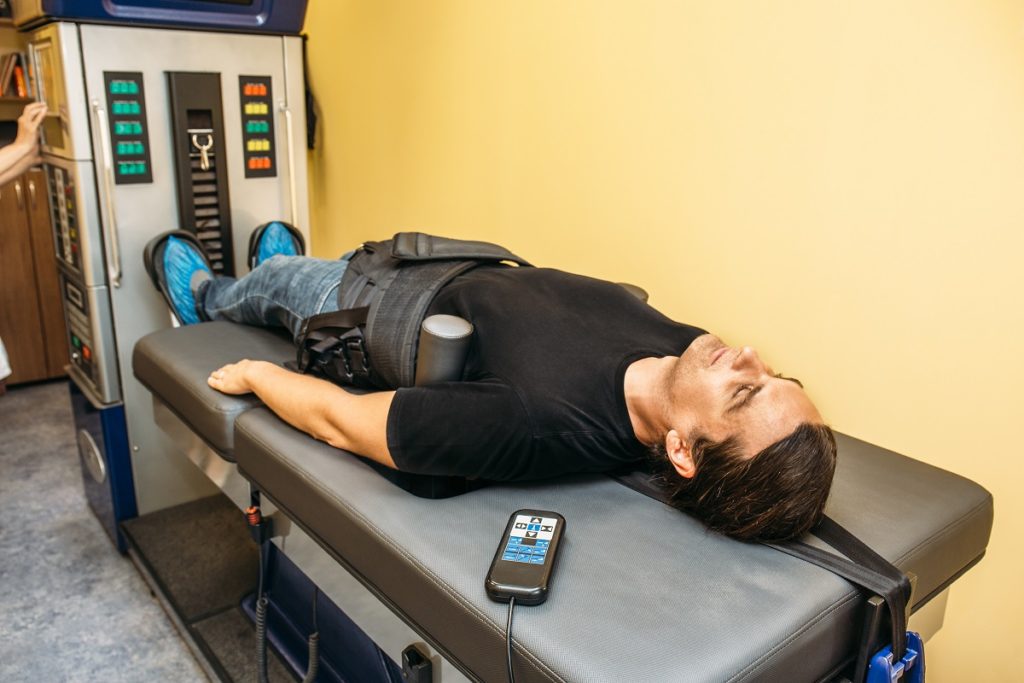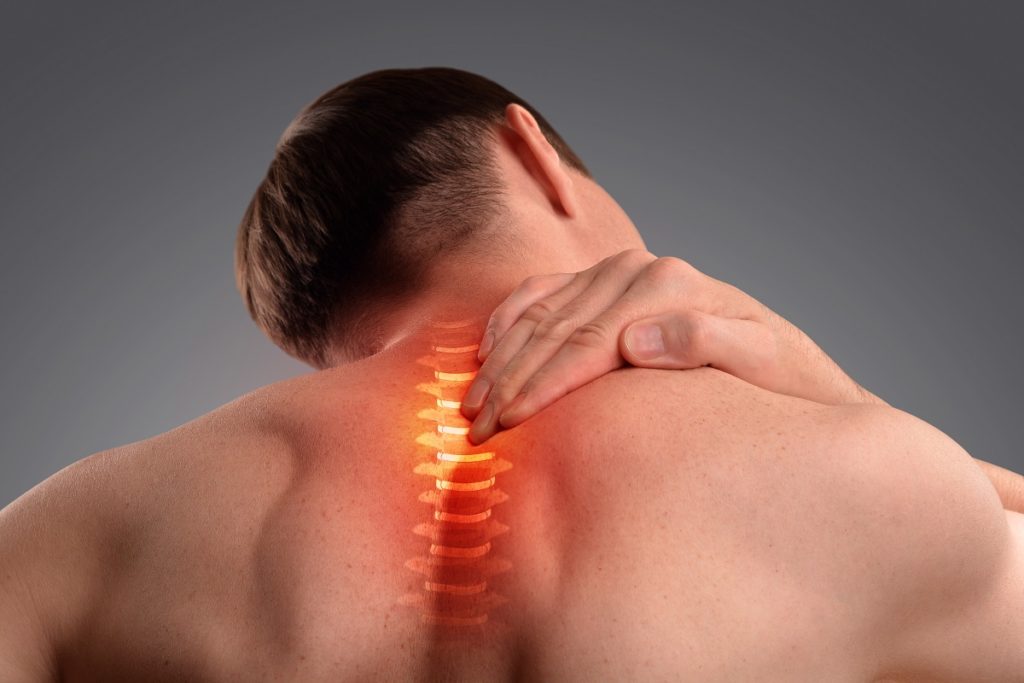While most minor aches and pains you feel typically do not mean that you have a serious ailment, it’s important not to ignore any pain or discomfort you’re feeling. Sometimes, the signals your body sends are to alert you to an underlying condition.
There are, for instance, symptoms of a herniated disc that you should not ignore.
Understanding the condition
Your spinal disk has a soft center, which is called the nucleus. This nucleus is a jellylike substance that is stored in a tough casing, the annulus. When you have a herniated disc it means that the nucleus or a part of it is seeping through a break in the annulus.
When this happens, it can sometimes lead to pain or weakness or a numb sensation in your legs or arms. That’s because the condition of your spinal disc could irritate a nearby nerve, which is why you’re feeling pain or a numbing sensation in your limbs.
There are various causes for a herniated disc. The most common one is age. As people age, the outer ring of their spinal disc becomes weaker and more susceptible to damage. Eventually, it will weaken to a point where the nucleus could slip out.
Another cause of herniated discs is carrying heavy loads. If your job requires you to carry heavy objects or if you often carry heavy stuff like large boxes or barbells and dumbbells then you could strain your lower back. When you put too much stress on your lower back you could cause your spinal disc to get disjointed.
Thus, you must learn how to carry heavy loads properly. Bend your knees and use your legs to lift heavy objects. Do not lean forward to pick up heavy objects and never use the strength of your back alone to lift them.
The third cause of herniated disc is obesity. People who are overweight are more prone to developing a herniated disc because their additional weight could put excess strain on their spine. If weight is the issue, try to lose some of it by eating nutritious foods and exercising regularly.
The fourth cause of this condition is living a sedentary lifestyle. If you don’t exercise much and your job requires you to sit all day you’re putting a lot of pressure on your spine. As such, if you have an office job and you sit and stare at your computer for several hours make sure to get up every 30 minutes and walk around.
There are three main symptoms you should look out for to see if you have a herniated disc.
Pain in the arm or leg

People who have a herniated disc say that the pain they feel is often a burning or stinging sensation. The pain occurs wherever the herniated disc is located. If the problematic disc is located on your lower back then the pain will occur in your buttocks. If the problematic disc is located near your head then you will feel the pain in your arms and neck.
Numbing sensation
A numbing sensation could also mean that you have a herniated disc. Whether the numbness is in your legs or arms, you should have yourself checked at the soonest time.
Weakness
You may not be in pain or feel any numbness, but if you find it difficult to lift something or even walk upright then you might have a herniated disc. This condition could hamper your motor skills; so, if you feel weak when you try to move, go for a consultation right away.
There are many ways to treat a herniated disc. Some would require surgery while others would only need an intradiscal ozone injection for disc herniation. The important thing is that you recognize right away if you’re showing symptoms of a herniated disc to get treatment as quickly as possible.







